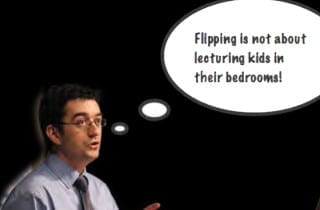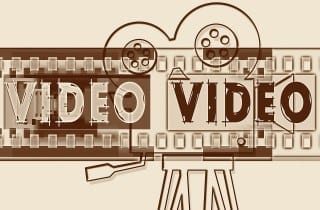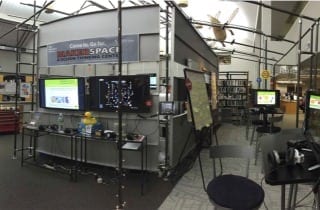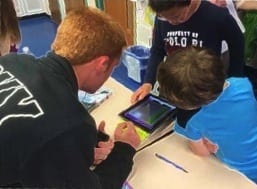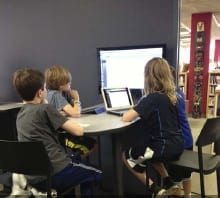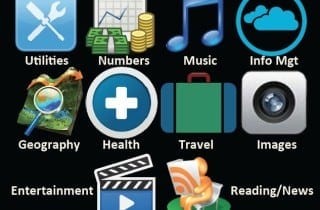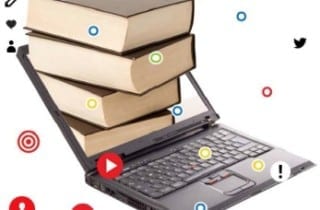Participatory learning tools like social media and/or learning management systems can strengthen instructional partnerships between classroom teachers and school librarians. This webinar highlighted examples of how such partnerships can increase student achievement and professional learning for teachers.
Feel overwhelmed? Pulled in too many directions? Supposed to be in more than one place at once? Try video instruction! In this webinar, educators shared their experiences with using video as an instructional tool.
With or without the Common Core, there is a renewed focus on inquiry in K-12 education. Students are expected to demonstrate proficiency in research skills, but they seldom have a clear understanding of how to grow their learning – how to shift from superficial, fact-finding overviews, to deep, targeted, and detailed evidence collection.
Maker spaces and learning commons are gaining popularity in schools, because they promote participatory learning. In this webinar, Michelle Luhtala, Head Librarian at New Canaan High School, CT, explored how physical changes to library facilities can transform learning throughout the school community.
In this webinar presented by the Emerging Tech community at edWeb.net, Michelle Luhtala encouraged participants to examine assessment tools, review smart goals, and explore ways to use assessment to inform library program instruction.
Millennials have formidable capacity for 21st century learning – communication, collaboration, creativity, and critical thinking. They excel in these areas when empowered to learn in an educational environment founded on respect and trust.
edWeb.net’s first professional learning community Emerging Tech: Using Technology to Advance Your School Library Program hosted its 50th webinar in August thanks to the ongoing support of Follett.
The presenters addressed the power of Chrome user profiles and the Chrome app store, along with practical applications for newly “partitioned” mobile Google apps, such as Docs, Sheets, and Slides.
With the prevalence of smartphone technology, educators can build application fluency in their own productivity and learning so that when the time comes, they will have the skill and expertise to help students and colleagues transition into mobile learning.
While New Canaan High School library has been packaging instruction for online consumption for years, it shifted its approach this year to increase personalized instruction.


